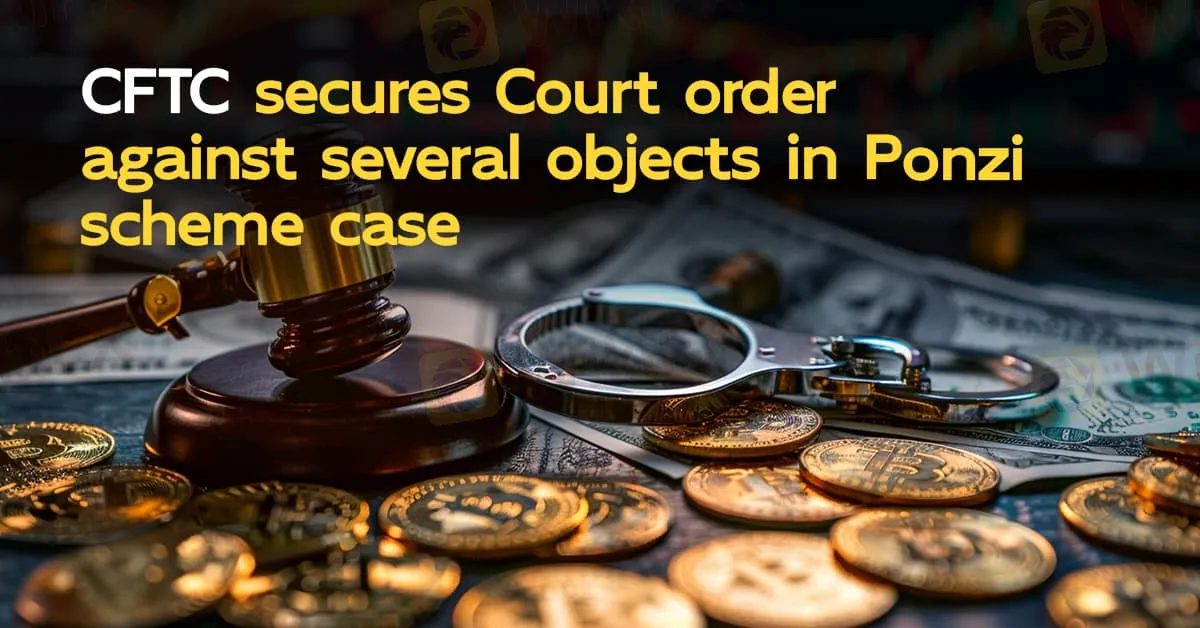CFTC secures Court order against several objects in Ponzi scheme case
abstrak:The Commodity Futures Trading Commission (CFTC) has achieved a significant legal victory in a case against Sam Ikkurty, Jafia, LLC, Ikkurty Capital, LLC, and related entities. Judge Mary Rowland of the Illinois Northern District Court granted a summary judgment in favor of the CFTC, ruling on all counts of the complaint.

The Commodity Futures Trading Commission (CFTC) has achieved a significant legal victory in a case against Sam Ikkurty, Jafia, LLC, Ikkurty Capital, LLC, and related entities. Judge Mary Rowland of the Illinois Northern District Court granted a summary judgment in favor of the CFTC, ruling on all counts of the complaint.
The court order, announced today, mandates substantial financial repercussions for the defendants. Sam Ikkurty of Oregon, along with Jafia, LLC and Ikkurty Capital, LLC, operating under various names such as Rose City Income Fund I, Rose City Income Fund II, and Seneca Ventures, LLC, faces a combined restitution and disgorgement totaling more than $120.6 million. This includes over $83.7 million in restitution and $36.9 million in disgorgement, jointly and severally.
The judgment stems from allegations that the defendants orchestrated a Ponzi scheme, deceiving investors through false promises and misrepresentations. According to the CFTC, Ikkurty attracted participants through webinars and trade shows, enticing them with guarantees of a 15% annual income from investments in digital asset commodities like Bitcoin and Ethereum, as well as commodity interests.
Judge Rowland's order affirms that these representations were misleading, with Ikkurty failing to deliver any actual profits to investors. Instead, funds were allegedly misappropriated, including through a dubious carbon offset program where promised collateral was not obtained, resulting in significant financial losses for participants.

In addition to the financial penalties, the defendants were found to have violated the Commodity Exchange Act (CEA) and CFTC regulations, including operating as unregistered commodity pool operators. The court emphasized that digital assets like Bitcoin and Ethereum fall under the CFTC's regulatory purview, extending to other virtual currencies such as OHM and Klima.
The CFTC cautioned that while orders for restitution aim to recover lost funds for victims, the complex nature of Ponzi schemes often means that full recovery may not be possible if perpetrators lack sufficient assets.
The outcome underscores the CFTC's commitment to protecting investors and maintaining integrity in commodity markets, signaling a stern stance against fraudulent schemes within the digital asset sector.

Broker ng WikiFX
Exchange Rate
